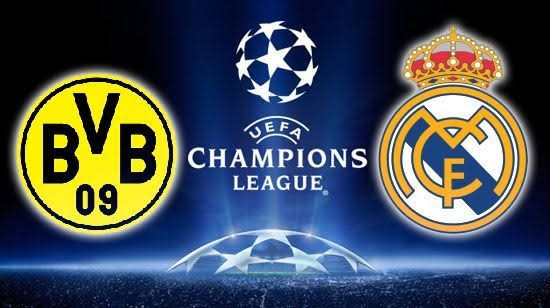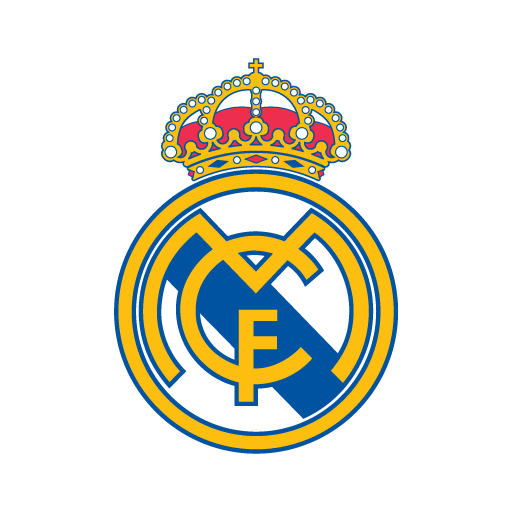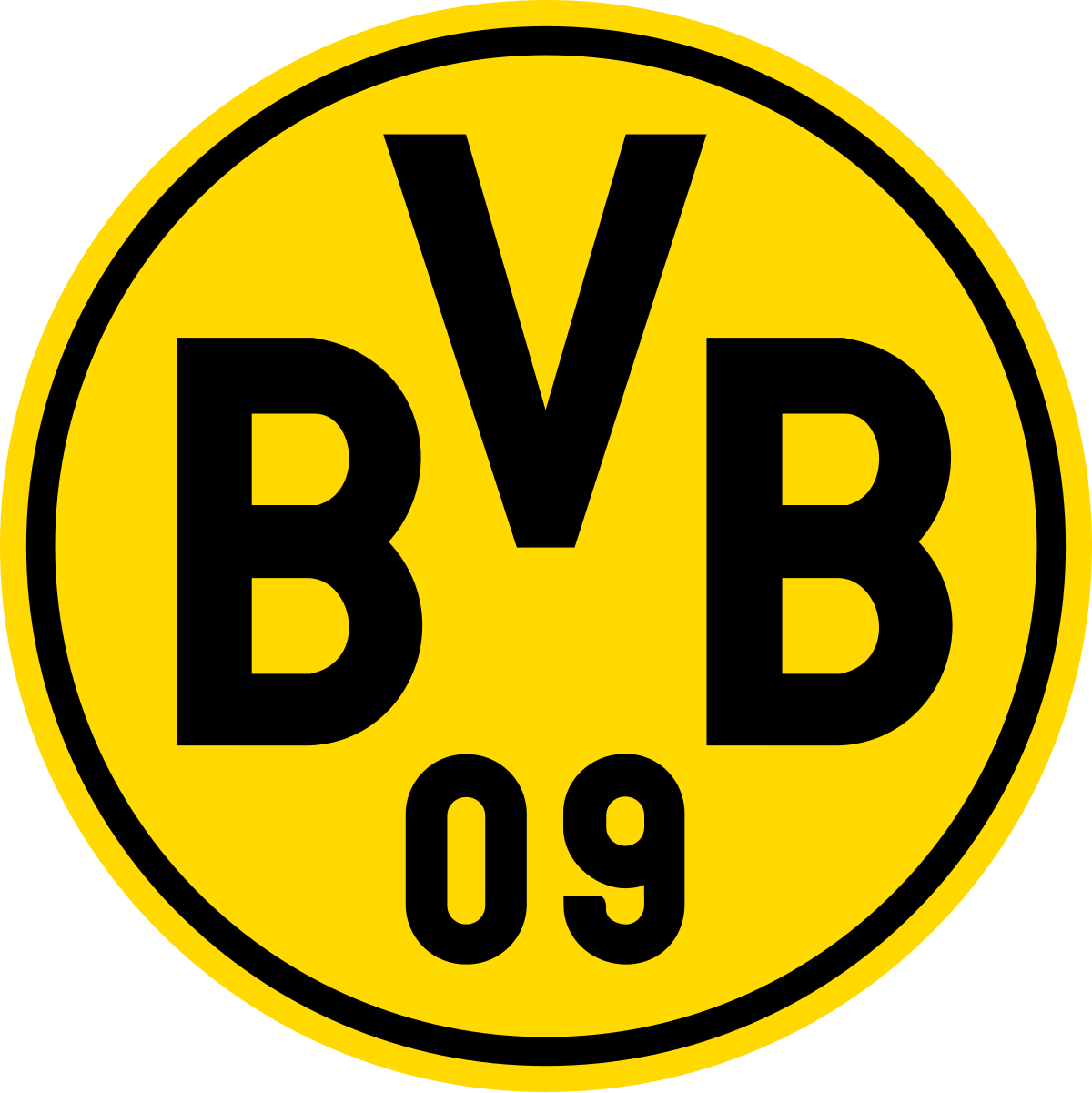Match Analysis: Real Madrid vs Dortmund – UCL Round 3
Real Madrid Vs Dortmund

The UEFA Champions League match between Real Madrid and Borussia Dortmund was a highly anticipated encounter in the third round of the group stage. Both teams came into the match with ambitions of securing a strong position in the group, making the stakes particularly high. Real Madrid, known for their rich history in the competition, faced a Dortmund side that has often been a dark horse in European tournaments.
Pre-Match Context
Real Madrid entered the match with a formidable reputation, having secured impressive wins in their previous matches. With a blend of experienced players and emerging talents, they looked poised to dominate. Dortmund, on the other hand, aimed to assert themselves in a challenging group, needing a strong performance to bolster their chances of progressing.
Tactical Setup
Real Madrid, managed by Carlo Ancelotti, lined up in their traditional 4-3-3 formation. This setup allowed for fluid attacking movements, with key players like Vinícius Júnior and Rodrygo providing width and pace on the flanks. The midfield trio, consisting of Luka Modrić, Toni Kroos, and Aurelien Tchouaméni, was tasked with controlling the tempo and distributing the ball effectively.
Dortmund, under Edin Terzić, opted for a 4-2-3-1 formation, aiming to maintain defensive solidity while allowing their attacking players, including Marco Reus and Julian Brandt, to exploit any gaps left by the Madrid defense. The midfield duo of Emre Can and Felix Nmecha was crucial in providing balance, ensuring that Dortmund could transition quickly from defense to attack.
First Half: Madrid’s Dominance
From the outset, Real Madrid imposed their game on Dortmund. The early stages saw Madrid maintaining possession and creating several goal-scoring opportunities. Vinícius Júnior was particularly dangerous, using his speed to stretch the Dortmund defense. In the 15th minute, his dazzling run down the left flank culminated in a cross that found Rodrygo, who converted with a well-placed shot past the goalkeeper. This early goal set the tone for the match and visibly rattled the Dortmund side.
Dortmund struggled to respond effectively. While they attempted to maintain their shape, Madrid’s relentless pressing and high tempo disrupted their rhythm. The midfield battle was fiercely contested, with Modrić and Kroos showcasing their exceptional passing range and vision. As the first half progressed, Dortmund began to find some rhythm, with Brandt and Reus linking up well. However, their attempts to penetrate Madrid’s defense were met with resilience and composure from the backline, anchored by David Alaba and Antonio Rüdiger.
Second Half: Dortmund’s Resurgence
The second half saw a shift in momentum. Dortmund emerged with renewed intensity, knowing they had to push for an equalizer. Edin Terzić made tactical adjustments, bringing on Thorgan Hazard for added creativity and pace. This substitution paid dividends, as Dortmund began to threaten Madrid’s goal more frequently.
In the 55th minute, Dortmund’s persistence was rewarded when they leveled the score. A well-worked move saw Marco Reus combine with Brandt, who delivered a precise pass to Donyell Malen. The Dutch forward finished expertly, sending the ball past Thibaut Courtois. This goal invigorated the Dortmund players and the traveling supporters, and the atmosphere in the stadium shifted dramatically.
Real Madrid responded to this setback with urgency. Ancelotti introduced Eduardo Camavinga to strengthen the midfield and regain control. The match became increasingly open, with both teams creating chances. Vinícius continued to pose a threat, while Dortmund’s counter-attacks became more frequent, showcasing their attacking prowess.
Key Moments and Turning Points
The match featured several key moments that could have swung the game in either direction. A critical point came when Courtois made a spectacular save to deny Dortmund a second goal after a quick break. His reflexes kept the score level and allowed Madrid to regroup.
In the closing stages, Madrid’s experience shone through. As Dortmund pressed for a winner, gaps appeared in their defense. In the 80th minute, a quick counter-attack saw Real Madrid regain the lead. Tchouaméni won the ball in midfield and quickly released Vinícius, who found Benzema in the box. The French striker finished clinically, restoring Madrid’s advantage.
Dortmund pushed for another equalizer in the dying minutes, but Madrid’s defensive organization held firm. The final whistle blew, and the match ended 2-1 in favor of Real Madrid.
Post-Match Analysis
This match highlighted the contrasting styles of both teams. Real Madrid displayed their trademark resilience and tactical acumen, leveraging their experience in high-stakes situations. The attacking duo of Vinícius and Benzema proved decisive, showcasing their ability to perform under pressure.
Dortmund, despite the loss, demonstrated their potential and attacking capabilities. Their response in the second half suggested they can compete at the highest level, and with further refinement, they can be a formidable force in the group.
Conclusion
The match between Real Madrid and Dortmund was a thrilling encounter that showcased the intensity and drama of the UEFA Champions League. Real Madrid’s victory not only solidified their position in the group but also reaffirmed their status as one of the favorites to progress deep into the tournament. For Dortmund, the performance served as a reminder of their capabilities and the importance of consistency as they strive for success in Europe.
As both teams move forward in the tournament, the lessons learned from this match will be invaluable. For fans, the thrilling nature of the game only adds to the excitement of what lies ahead in the Champions League. The next encounters will surely be eagerly anticipated as both sides aim for glory.
![]()

